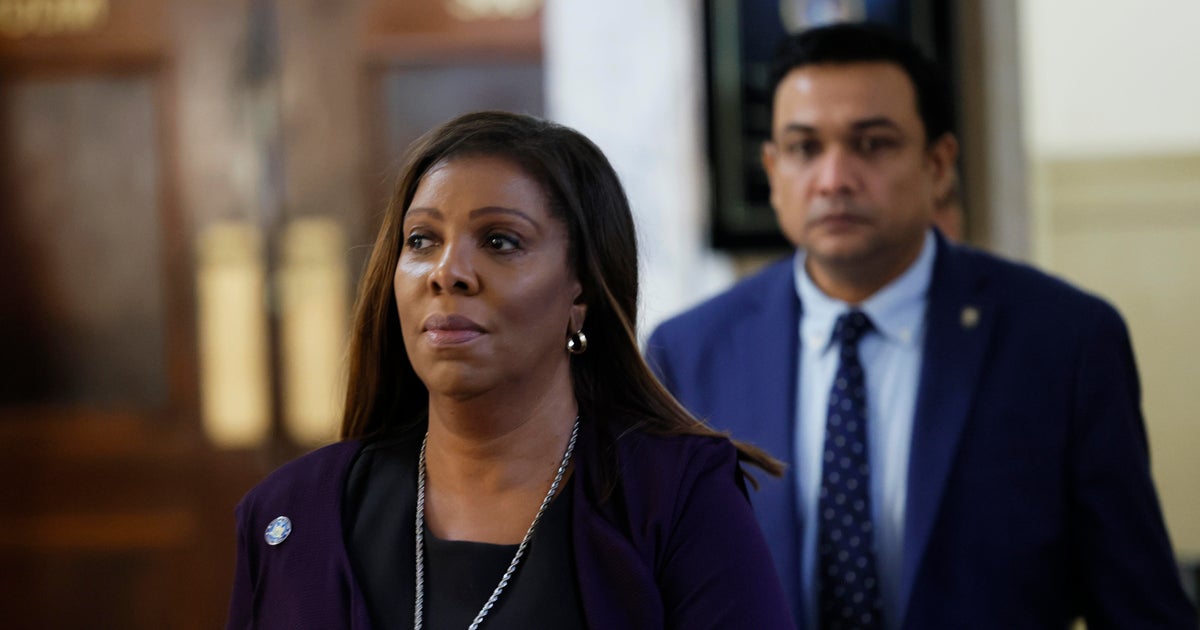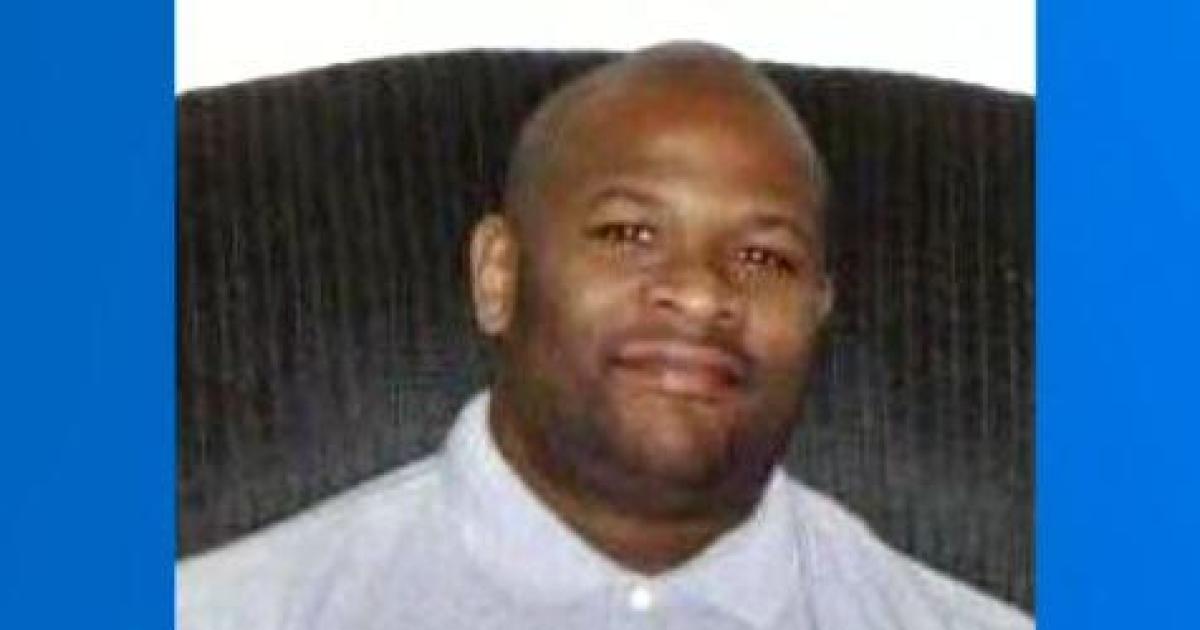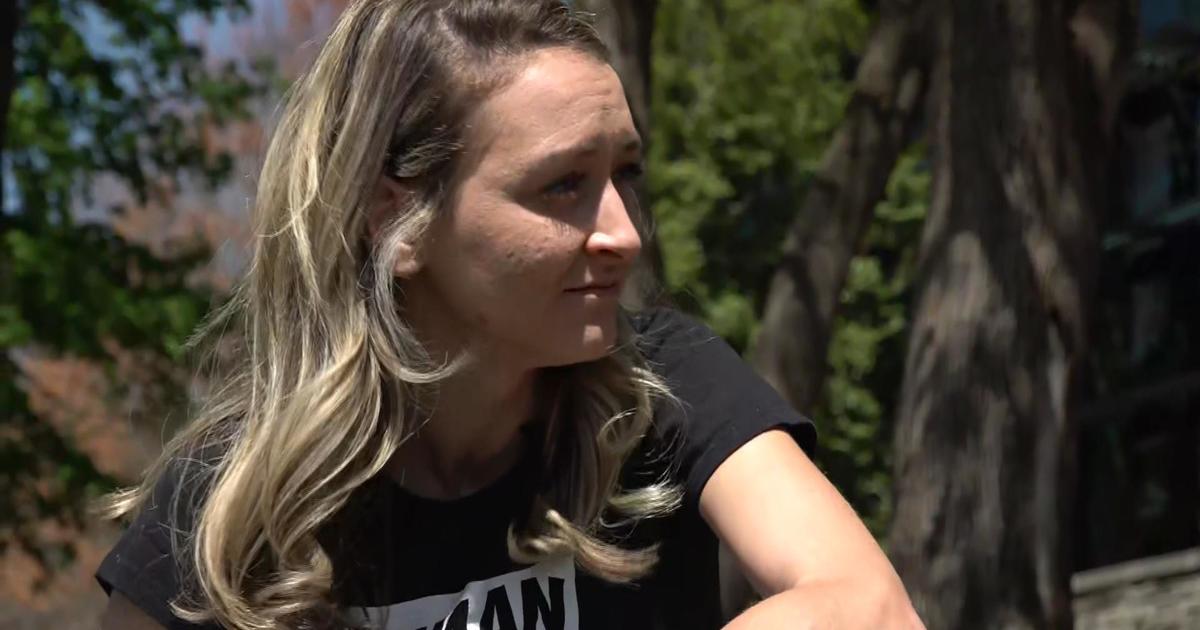Eric Holder "extremely concerned" about Supreme Court elections case
Washington — Former Attorney General Eric Holder said Sunday that he is "extremely concerned" about the outcome of a case to be argued before the Supreme Court this week that involves a legal theory under which state legislatures have absolute authority to set federal elections rules without oversight from state courts.
"It is something that if the Supreme Court goes along with it, would really upend our system of checks and balances. And it's for that reason that I am extremely concerned," Holder said in an interview with "Face the Nation." "It is a fringe theory. This is something that if the court I think does the right thing, you should have a nine to zero opinion by the court that rejects this notion of this independent state legislature doctrine that has been rejected by conservative scholars, by practicing Republican lawyers, by former Republican judges, and by this conference of state supreme court justices, as well. This is a very, very dangerous theory. It would put our system of checks and balances at risk."
The justices will hear arguments Wednesday in the court fight brought by North Carolina Republicans, at the center of which is the "independent state legislature theory." Invoked by Chief Justice William Rehnquist in his concurring opinion in Bush v. Gore and raised by former President Donald Trump and Republicans during the 2020 presidential election, the theory suggests that the Constitution grants state legislatures the sole authority to regulate federal elections in their states, without oversight from state courts applying state constitutions.
Ahead of oral arguments, voting rights experts are sounding the alarm about the dire consequences of a ruling adopting this theory and the power it would give state legislatures, particularly in the wake of the 2020 presidential election.
"Having taken the case, I would hope that the court would drive a stake through this notion of this independent state legislature doctrine and get it off the books and out of our consideration, once and for all," Holder said. "It truly is — I cannot emphasize this enough — it truly is a fringe theory that should result in a nine to zero rejection of the theory."
The dispute before the Supreme Court stems from the redistricting process undertaken by North Carolina's GOP-controlled General Assembly after the 2020 Census. New congressional lines adopted by the state legislature gave Republicans an advantage for 10 of the state's 14 House seats, but the state supreme court rejected the map, finding it was an unconstitutional partisan gerrymander under the state's constitution.
The General Assembly enacted new voting lines, which were again rejected by a North Carolina trial court. The court then approved a map created by a group of special masters and assistants, which for the 2022 election cycle gave Republicans six seats in their favor to Democrats' four, with the four remaining districts more competitive, according to an analysis from the Campaign Legal Center.
North Carolina Republicans first asked the U.S. Supreme Court to intervene in late February, filing an emergency request for the court to block the use of court-drawn maps for this year's congressional elections. The high court rejected the request, though three of the conservative justices — Samuel Alito, Clarence Thomas and Neil Gorsuch — said the court should've restored the district lines created by the state legislature and, in an opinion written by Alito, said the case "presents an exceptionally important and recurring question of constitutional law, namely, the extent of a state court's authority to reject rules adopted by a state legislature for use in conducting federal elections."
The Republicans then asked the Supreme Court in March to decide whether state courts have the authority to change regulations governing the "times, place and manner" of congressional elections, which they argued is a power given only to each state's legislature under the Constitution's Elections Clause.
A decision from the Supreme Court is expected by the end of June.



